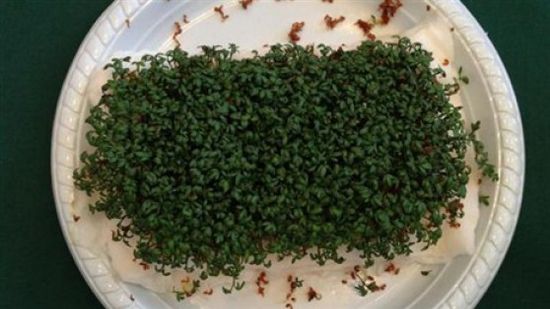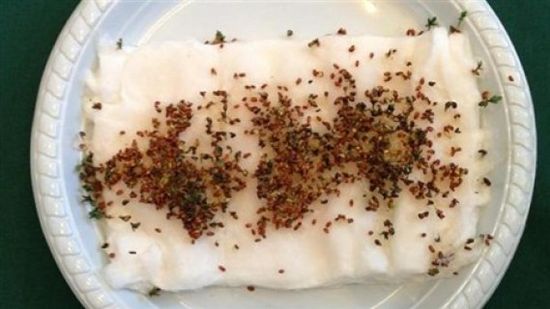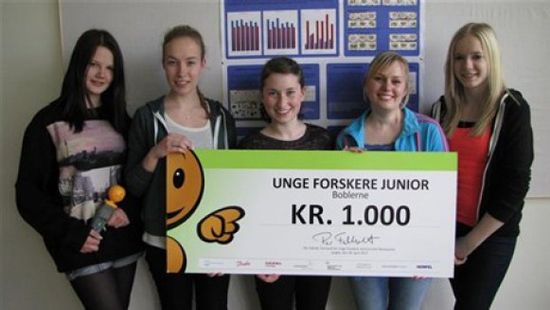In today’s world, we are all connected more than ever before, as computers and cellphones make it much easier to keep in touch with each other. However, a new experiment has shown that we may be sacrificing our health just to use these WiFi devices.
Five high school students just conducted an experiment for biology class asking what cost we are paying physically in constantly using WiFi, and their results are being praised by scientists all over the globe.

The girls decided to conduct the experiment after noticing that they were having trouble paying attention in school. They each wondered what the cause of this could be.
“We all think we have experienced difficulty concentrating in school, if we had slept with the phone next to our head, and sometimes also experienced having difficulty sleeping,” said Lea Nielsen, one of the girls who did the experiment.
The girls launched their experiment to see if WiFi was what the cause of their problem was. Their experiment involved taking 400 cress seeds and separating them between 12 different containers, each of which were kept in the same room, at the same temperature, with the same amount of water. Six of the containers were placed next to a WiFi router that emits the same type of radiation as a typical cellphone.
The results of the experiment 12 days later was shocking to say the least.
The seeds that were kept far away from the WiFi router grew healthy and green.

In contrast, the seeds near the WiFi router did not grow at all, and most of them died or mutated.

The students concluded that WiFi exposes our bodies to elements that have a very negative impact on our health.
“It is truly frightening that there is so much affect, so we were very shocked by the result,” said Lea. “None of us sleep with the mobile next to the bed anymore. Either the phone is put far away, or it is put in another room. And the computer is always off.”

Olle Johansson, a renowned professor at the Karolinska Institute in Stockholm, praised the girls as brilliant for carrying out the experiment. He plans to now carry out the same experiment with his team of researchers.
“The girls stayed within the scope of their knowledge, skillfully implemented and developed a very elegant experiment. The wealth of detail and accuracy is exemplary, choosing cress was very intelligent, and I could go on,” he said. “I sincerely hope that they spend their future professional life in researching, because I definitely think they have a natural aptitude for it. Personally, I would love to see these people in my team!”
SHARE this story so your friends and family can see this as well!
COMMENTS POLICY: We have no tolerance for messages of violence, racism, vulgarity, obscenity or other such discourteous behavior. Thank you for contributing to a respectful and useful online dialogue.